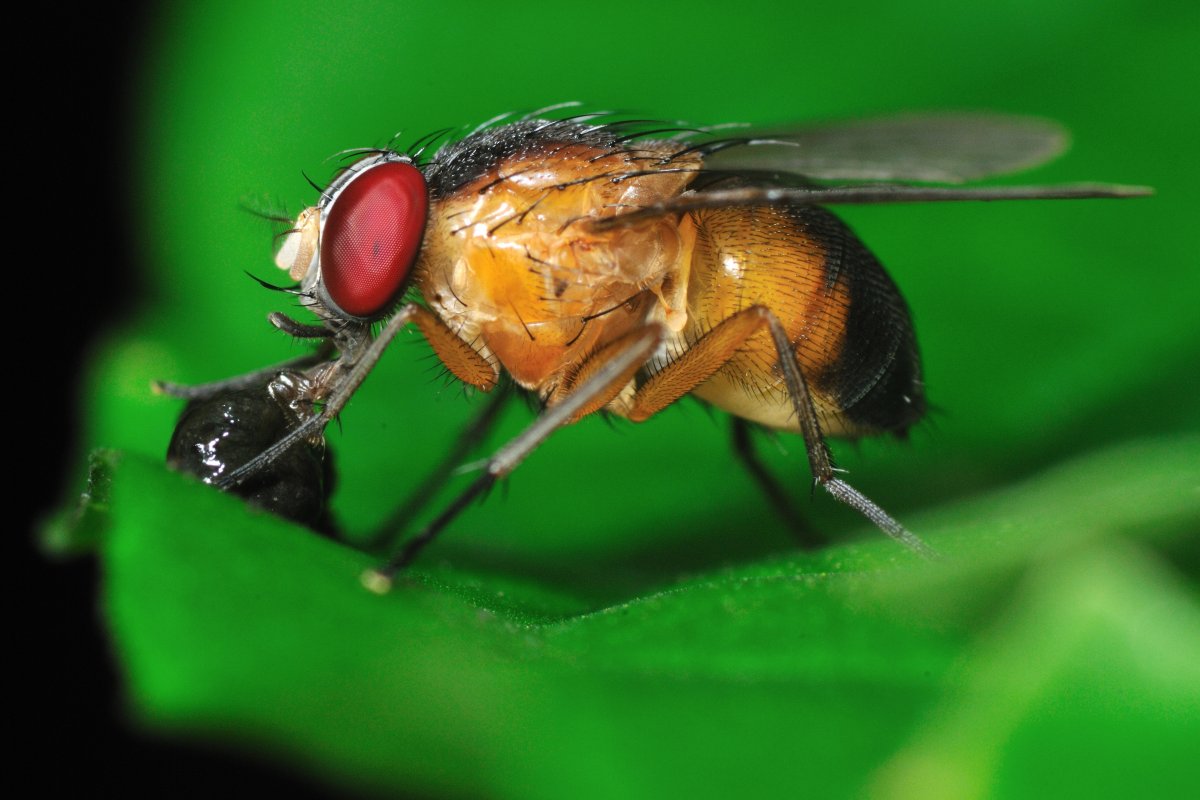



Article by: Hari Yellina
The South Australian government has withdrawn custom-made quad motorcycles ordered to help eradicate fruit fly because they are “too noisy.” The four utility terrain vehicles (UTVs) cost $43,360 each, according to government records, and were fully equipped with a custom-made bait spray and trailer. The Department of Primary Industries and Regions of South Australia (PIRSA) has worked to alleviate the noise issue, and the UTVs will be on the ground on Monday. A pregnant female Queensland fruit fly was discovered in a monitoring trap at Murtho earlier this week, prompting the announcement. Several other recent observations were made at Loxton and Waikerie.
The UTVs were ordered by the previous Liberal government to mechanise bait applications, according to Primary Industries Minister Clare Scriven. “It appeared they had one aspect that was not suitable for purpose once they arrived [in April],” she said. “They were exceedingly loud to the point where they were causing problems for the people driving them.” “Even with earmuffs on, personnel could only work on them for two hours at a time, which is not ideal when dealing with a major issue like fruit fly.” According to Ms Scriven, the noise of the pumps on the trucks was “far too excessive” during a work health and safety audit.
“We shouldn’t be jeopardising workers’ hearing because of a blunder by the previous administration,” she said. Her remarks come in response to Tim Whetstone, the Member for Chaffey, who expressed worry that government red tape was preventing resources from being allocated to combat the infestation. “It astounds me that bureaucracy would say we can’t utilise these vehicles because of noise concerns,” he remarked. “If that were revealed to a farmer whose business had been harmed by an outbreak, he would be furious.” Mr Whetstone was accused of “political point scoring” by Ms Scriven, who urged a nonpartisan approach to the matter.
“We shouldn’t be jeopardising workers’ hearing because of a blunder by the previous administration,” she said. Her remarks come in response to Tim Whetstone, the Member for Chaffey, who expressed worry that government red tape was preventing resources from being allocated to combat the infestation. “It astounds me that bureaucracy would say we can’t utilise these vehicles because of noise concerns,” he remarked. “If that were revealed to a farmer whose business had been harmed by an outbreak, he would be furious.” Mr Whetstone was accused of “political point scoring” by Ms Scriven, who urged a nonpartisan approach to the matter.
Since the campaign began on December 17, 2019, and ended on April 30, 2022, the total state fruit fly response in metropolitan Adelaide, Riverland, and Port Augusta has cost $74.4 million, but Mr Haslett believes more is needed. He specifically requested that the state’s sterile fruit fly programme be expanded and that more “boots on the ground” be deployed. “It’s difficult to get individuals right now,” Mr Haslett said, “but it may be that the state government needs to get a little more creative and assist PIRSA with how they source people to do this.” “There are a lot of people in Adelaide who have been completely trained in the clean-up that happened down there.”
Ms Scriven said the department has more than 50 people working in the Riverland every day to help eliminate the fruit fly, with more arriving next week. “I am actually extremely thrilled that we were able to get another 11 inducted this week,” she added. Mr Haslett wants PIRSA to have the authority to deal with any resistant sites where fruit fly is identified on a regular basis.